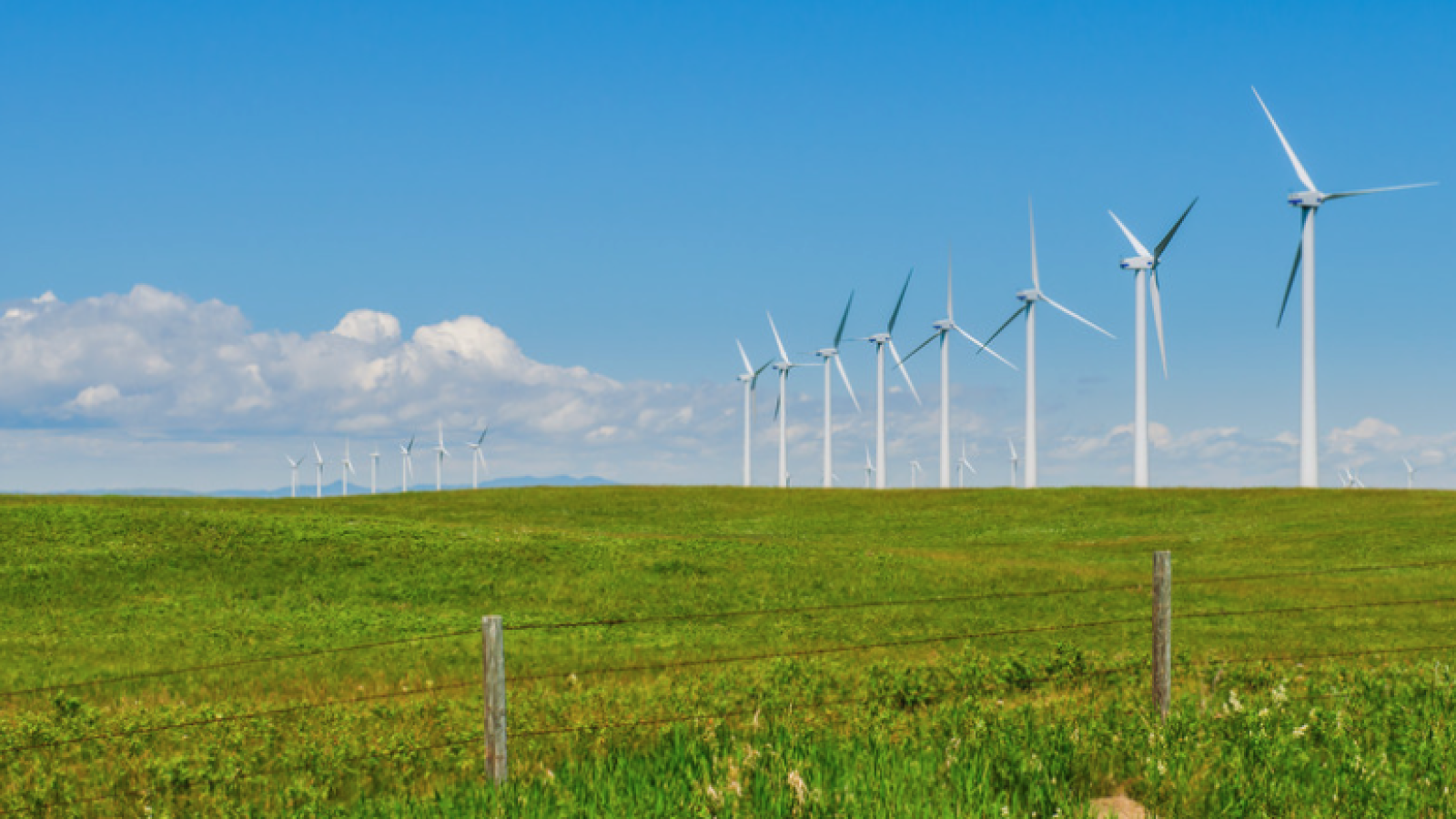Allianz Australia has stepped up their climate commitment in 2021 by becoming the first insurer to join Climate League 2030.
Climate League 2030 is a private sector-focussed 10-year initiative that aims to reduce Australia’s annual greenhouse gas emissions, in line with the targets set by the Paris Agreement in 2015.
The Investor Group on Climate Change (IGCC) launched the initiative in October 2020, starting with investor participants.
IGCC is a collaboration of both Australian and New Zealand investors focussed on the financial impact of climate change on investments.
Supporting Climate 2030 means Allianz must commit to taking at least one new action each year that will make a demonstrable contribution to reducing Australian emissions.
Allianz Australia MD Richard Feledy says the business is “proud” to be the first insurer to join the initiative.
“Allianz is committed to a net-zero emissions future and we are decarbonising our operations, insurance portfolio and investments to help us achieve that goal,” Mr Feledy said.
“We believe climate risks are better mitigated when we collaborate with other organisations, industries and markets.”
“By joining initiatives such as Climate League, we hope to enable an orderly transition.”
IGCC CEO Rebecca Mikula-Wright says hopefully more insurers will follow Allianz and join the initiative.
“More and more investors, banks and insurers are now recognising that reducing emissions on a Paris-aligned pathway represents responsible action to secure a healthy economy for Australia,” she said.
“The Investor Group on Climate Change continues to support other organisations, including hopefully more insurance firms, to join Climate League to support a stronger 2030 national emissions reduction commitment, which will remain in focus in the lead up to COP27 in Egypt next year.”
Allianz also announced changes to reduce their ties with fossil fuels. They are removing thermal coal from proprietary investment and underwriting portfolios and in 2021 the insurer stopped insuring or investing in infrastructure facilities that derive more than half their revenue from thermal coal.
From 2023, Allianz plans to no longer provide property & casualty insurance or make proprietary investments in companies that plan new coal mines, generate more than 25% of revenue from thermal coal mining, or produce more than 10 million tons of thermal coal annually.
This focus on handling climate change is no new thing, and has been a hot topic in the insurance industry.
After a turbulent year last year in terms of extreme weather events, Suncorp CEO Steve Johnston also made comments on the need to face this issue head on.
“Call it La Nina, climate change, or just bad luck, it really doesn’t matter – the results and impacts are the same.” he said.
“At a time when homeowners really need adequate home insurance, allowing tax revenue from insurance to keep growing due to climate change makes little economic sense.
“Pushing people out of the insurance market simply transfers the cost of the extreme weather event, and the one after, to the taxpayer.”
Mr Johnston said “climate change is an intergenerational challenge that must be tackled” by setting ambitious targets and providing support for industries and jobs impacted by the transition.
You can read more about what he had to say here.
Australia continues to face extreme weather conditions each year.
If you want to discuss your personal, home or business insurance, get in touch with us today!
Credit:


Add a Comment